
What Is CBG Oil?
If you’re looking for a comprehensive, natural solution to tackle inflammation and its debilitating effects, you’re in the right place. Welcome to the new era
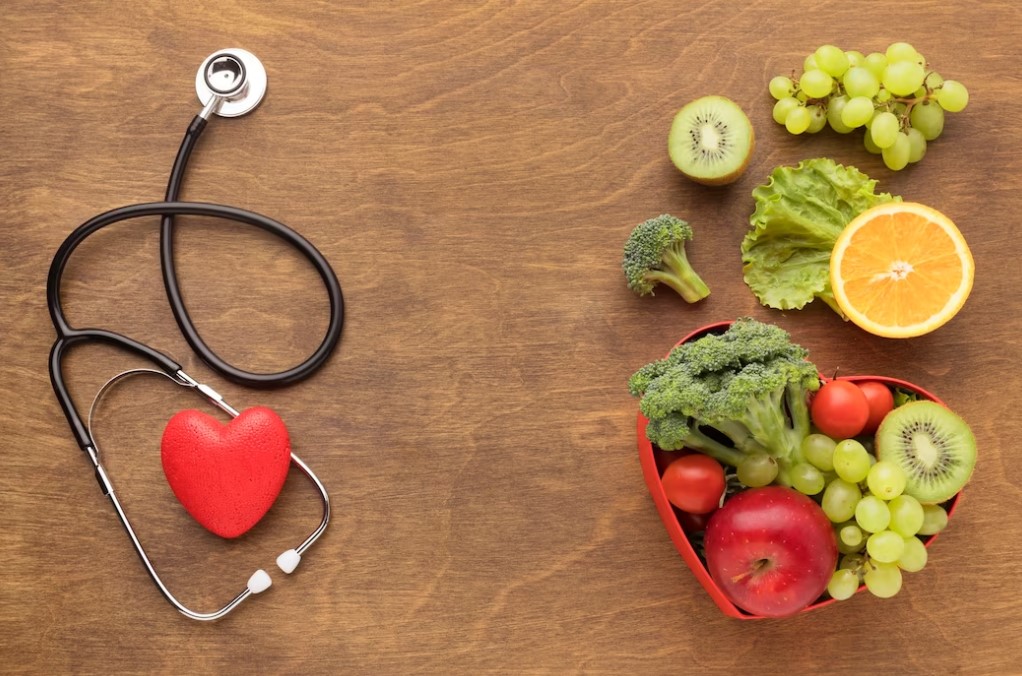
Following a heart-friendly diet is recommended for everyone with high blood pressure. Consuming foods rich in potassium and magnesium can be especially helpful in lowering blood pressure.
Let’s learn what else can help prevent cardiovascular diseases and reduce blood pressure!
A healthy diet is essential for reducing and maintaining optimal blood pressure levels. Research has shown that certain foods, particularly those high in potassium and magnesium, can lower blood pressure.
Changing your diet and making other lifestyle modifications can also reduce the likelihood of developing comorbidities, as high blood pressure increases the risk of heart disease, stroke, and kidney disease.
What types of foods can help?
According to expert recommendations, it is suggested to consume at least 400 grams of fruits and vegetables per day.
It’s no wonder that most recommended blood pressure-lowering foods come from these food categories.
Blueberries and strawberries contain antioxidant compounds called anthocyanins, which are a type of flavonoid. In a study published in 2011, researchers examined the data of over 34,000 individuals with high blood pressure for 14 years.
Those who consumed the most anthocyanins had a lower risk of high blood pressure than those with low anthocyanin intake.
Bananas, apricots, lentils, and dried plums are rich in potassium, which can help treat high blood pressure.
Swiss chard is a leafy green vegetable packed with blood pressure-regulating nutrients, including potassium and magnesium.
It is also a good source of nitrates, which have been shown to lower blood pressure by relaxing blood vessels and improving blood flow.
Spinach is another leafy green vegetable that is beneficial for blood pressure management. It contains high levels of potassium, magnesium, and folate, which can help lower blood pressure and reduce the risk of heart disease.
Garlic has been used for centuries for its medicinal properties, including its potential to lower blood pressure. It contains a compound called allicin, which has been shown to have vasodilatory effects, meaning it helps widen blood vessels and improve blood flow.
Oats are a great choice for a heart-healthy breakfast. They are high in fiber, low in sodium, and contain avenanthramides, unique antioxidants that have been shown to relax blood vessels and reduce blood pressure.
Low-fat dairy products, such as yogurt, are rich in calcium and have been associated with lower blood pressure. The combination of calcium, potassium, and magnesium in dairy products can contribute to their blood pressure-lowering effects.
Pistachios are heart-healthy snack that can help lower blood pressure. They are packed with nutrients, including potassium, fiber, and antioxidants, which have been shown to have blood pressure-lowering properties.
Fatty fish, such as salmon, mackerel, and sardines, are excellent sources of omega-3 fatty acids. These healthy fats have been shown to reduce inflammation, lower blood pressure, and improve overall heart health.
Pomegranates are rich in antioxidants, particularly polyphenols, which have been shown to have anti-inflammatory and anti-hypertensive effects. Drinking pomegranate juice or incorporating pomegranate seeds into your diet may help lower blood pressure.
It’s important to note that while these foods have been associated with blood-pressure-lowering effects, they should be part of a balanced diet and combined with other lifestyle changes, such as regular physical activity, stress management, and limiting sodium intake.
If you are looking for a good blood sugar supplement, make sure to check out our entire selection of supplements in our shop!
These statements have not been evaluated by the Food and Drug Administration. These products/services are not intended to diagnose, treat, cure, or prevent any disease.

If you’re looking for a comprehensive, natural solution to tackle inflammation and its debilitating effects, you’re in the right place. Welcome to the new era

The Invisible Enemy Within You wake up feeling groggy, your joints ache, and that old neck pain seems to have returned. No, it’s not just

CBG oil has been creating waves in the health and wellness industry, and for good reasons. But with any health trend, it’s crucial to separate
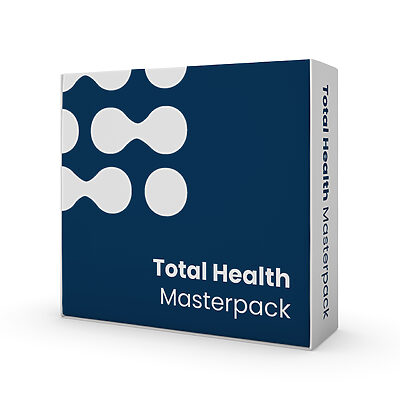
In stock | Free shipping
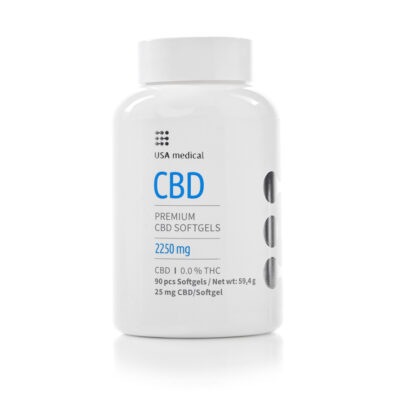
In stock | Free shipping
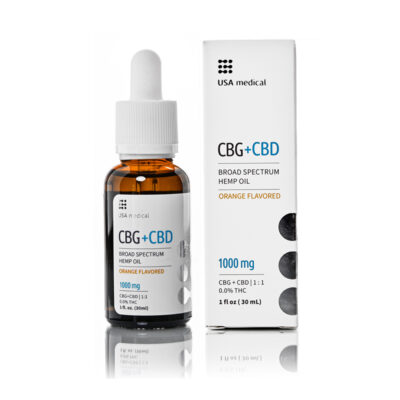
In stock | Free shipping
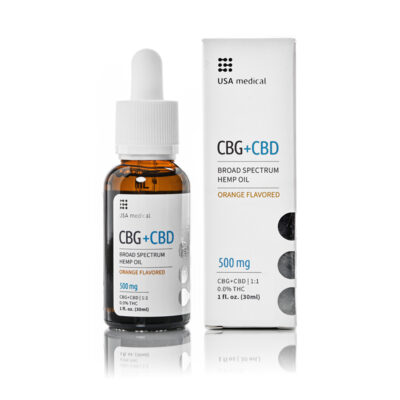
In stock | Free shipping
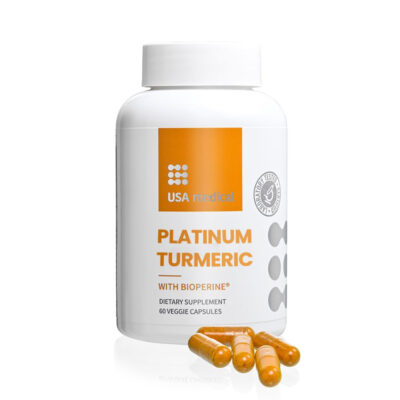
In stock | Free shipping
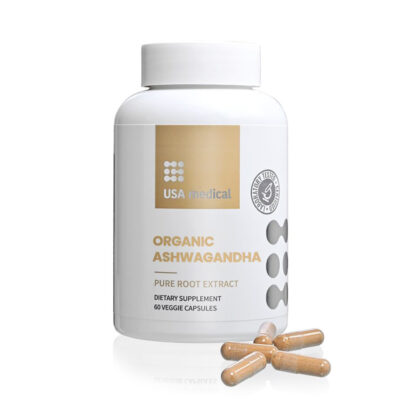
In stock | Free shipping
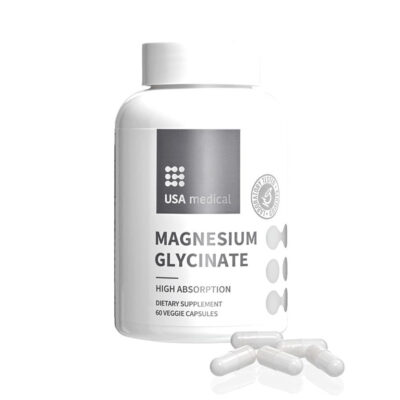
In stock | Free shipping
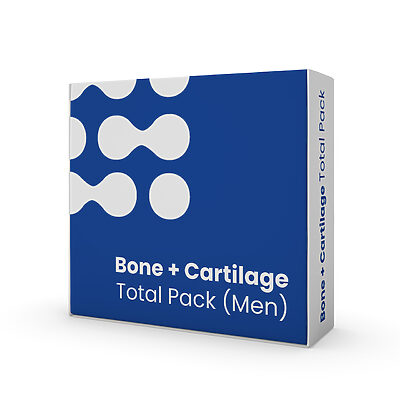
In stock | Free shipping
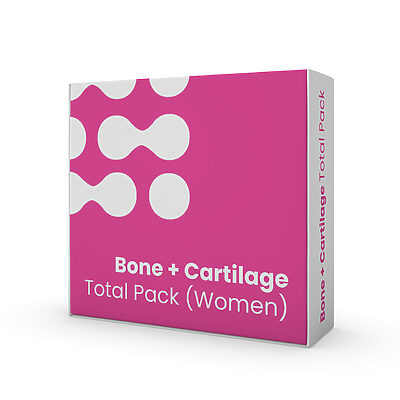
In stock | Free shipping
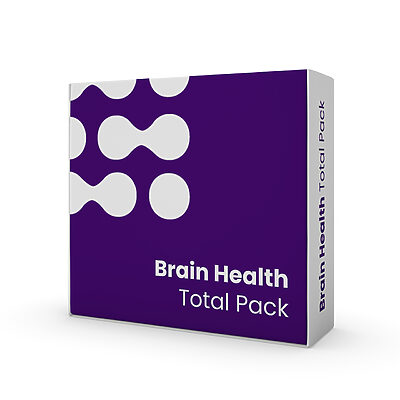
In stock | Free shipping
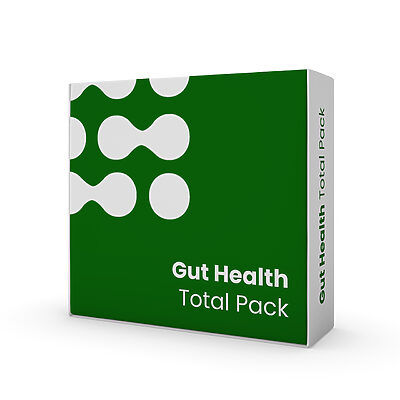
In stock | Free shipping
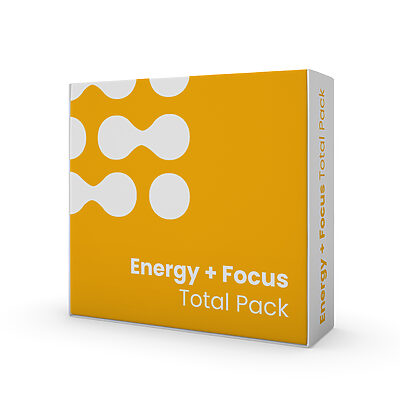
In stock | Free shipping

In stock | Free shipping

In stock | Free shipping
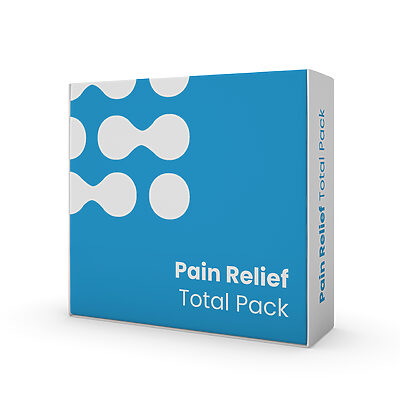
In stock | Free shipping